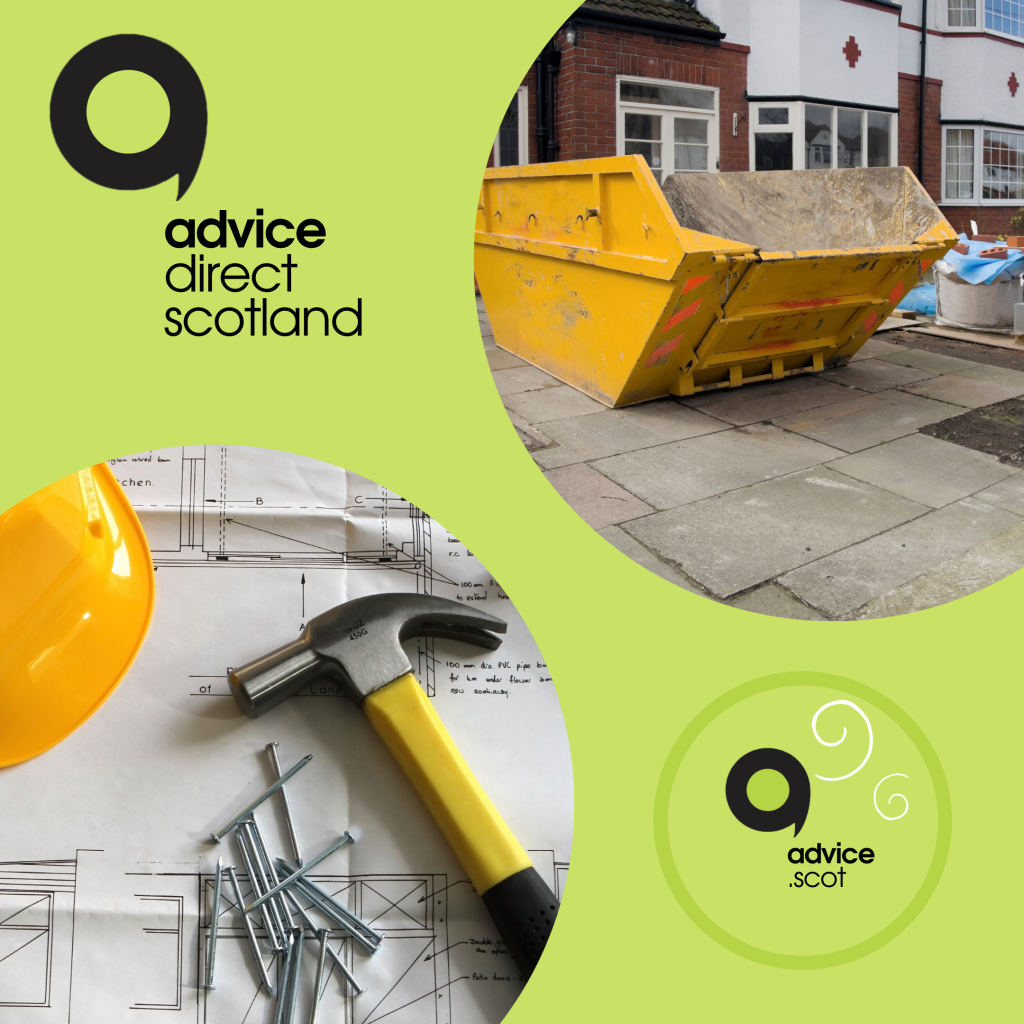
Anyone having work carried out on a property that is altering the height or structure of a building will usually be required to apply for planning permission before any work commences.
You can check the planning register on the local authority website to see if your neighbour has applied for planning permission.You can find contact information for your local council by visiting www.gov.uk/find-local-council.
Access to plans
By contacting the planning department at the council, or visiting their website, you may be able to get access to the plans.
This will give you an understanding of the work being carried out by the owner of the property. Usually, you will be able to comment on these plans and raise any issues that you are concerned about. You do not need to live next door to the property to make a comment and this can be made by sending a planning objection letter.
You can only make comments about material considerations including loss of light or privacy; noise, disturbance and smell; potential problems with parking, traffic or road safety; the environmental impact; the needs of the local area; or what the development will look like.
You have 21 days from the date that the planning application was registered to make a comment. A committee meeting will be held to discuss the matter, and you can ask the council if you can attend.
At this meeting, the council will consider the application, and may allow mediation to occur between you and the neighbour to find a solution. If your comment or objection is unsuccessful, you can contact an elected representative, such as your local MP, MSP, or Councillor for assistance.
further action that can be taken
You also have the option of starting a petition or encouraging members of any tenant or resident associations to lobby elected officials and submit their own comments.
If your neighbour has not submitted the appropriate planning permission for the extension, you should contact your local authority and explain that this is happening so that they can take enforcement action.
The local authority will investigate the situation, issuing an enforcement notice if your neighbour is using land for a purpose that is not authorised, or having building work carried out without the relevant permissions.
This will explain that planning regulations have been broken and the potential ways of resolving the problem.
This may include them requesting that the neighbour cease any work, or even take down work that has already been completed.
Informal discussion is usually best
Before formally commenting or objecting to an application for planning permission, it is always worthwhile discussing the situation with your neighbour informally if it is safe to do so.
By doing this, you may be able to come to an agreement about changes that could be made to the plans, or gain further understanding of the work being carried out. This may also help to ensure that your ongoing relationship with your neighbour is as amicable as possible.
Where can i get further information?
advice.scot provide free, practical, and impartial advice and information on a range of topics, including neighbourhood issues like this.
For more information, you can visit www.advice.scot, or call 0808 800 9060 (Monday to Friday, 9am-5pm).



